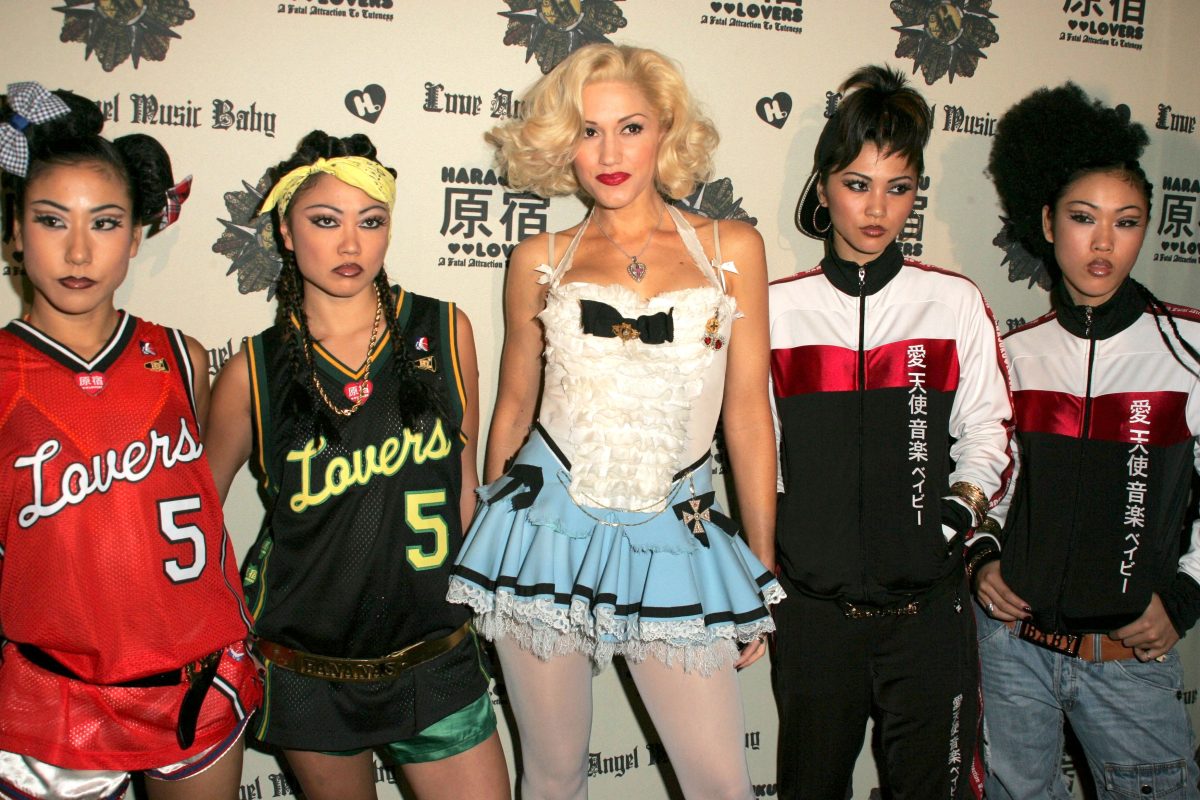Singer Gwen Stefani, who has Irish and Italian heritage, sparked controversy and faced backlash recently after claiming to be Japanese in an interview with Allure magazine.
It has led to accusations of cultural appropriation, as she does not have Japanese ancestry yet has profited from elements of Japanese culture in her music career over the years.
Cultural appropriation is when aspects of a culture are taken up by members of another culture, such as clothing, hairstyles, music, art, and language. It can be damaging as it can perpetuate stereotypes.
Kingston University Psychology lecturer Ana Nikcevic said: “People reject their own culture or ethnicities to adopt another because they like aspects of the culture or the characteristics of the other culture so much that they identify with it.
“If they hold beliefs of reincarnation, they may believe that they were from another culture in a previous life, but it is hard to be exact. It does not take away from the fact that it can be offensive.”

During Stefani’s ‘Harajuku era,’ she was often accompanied by four women known as the Harajuku Girls.
These women, who were a mix of American and Japanese heritage, served as parts of her entourage and as backup dancers.
In her music videos she had many references to Japanese culture through clothes, Japanese writing, and Japanese people.

Though Stefani considered her love for Japanese culture as appreciation of the Japanese community it was considered disingenuous because it commodified their culture.
Stefani released a perfume called Harajuku Lovers in 2005.
Her love for all things Japanese began with her father.
He worked for Yamaha motorcycles in Japan and she grew to love Japanese art, culture, rich tradition, detail, and discipline.

